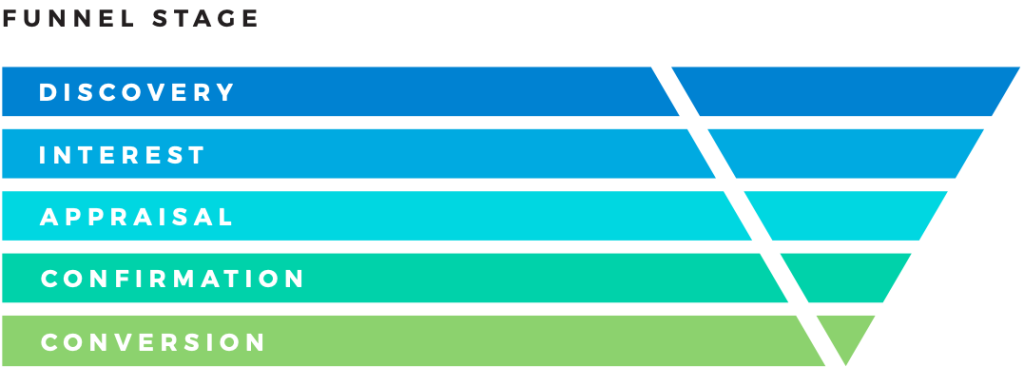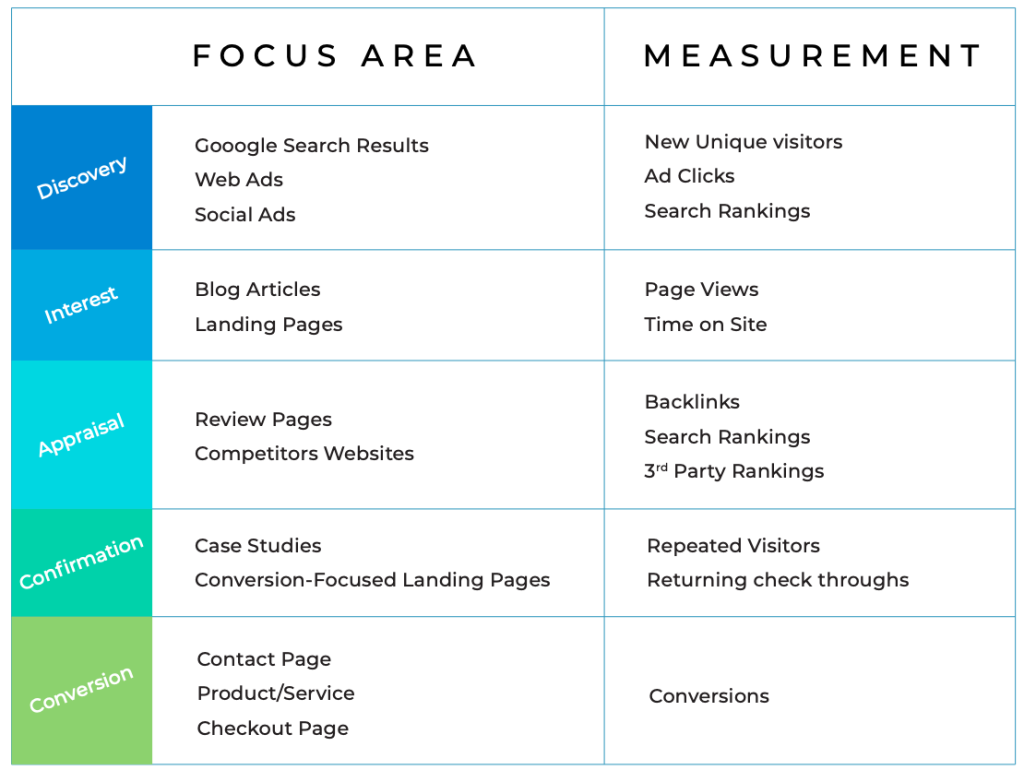Search Intent

With its Hummingbird upgrade in 2013 Google started to recognize search intent, and not only respond to searched keywords (also read Internet Marketing).
Since then Google has identified 4 categories of such search intent: Informational, Navigational Commercial and Transactional.
So how does this benefit the online marketer?
The following table explains, gives examples and suggests implementation strategies in each case.
| Informational | Navigational | Commercial | Transactional | |
| Keyword Intent | Searches looking for an answer to a specific question of general information | Searches intending to find a specific site, page or physical location | Searched looking to investigate brands or services | Searches intending to complete an action or purchase |
| Examples | Types of websites SEO definition What is PPC What is social media marketing | Vibe.com Semrush.com Airbnb sites in Garden route and Overberg Digital agencies in Garden Route and Overberg | Vibe Marketing vs ‘XYZ’ Best digital marketing agencies Digital marketing agency vs Freelancers Digital marketing agency vs inhouse Best SEO specialists | Buy digital marketing service Cost of SEO service Digital agencies near me Cost of PPC campaign Cost of website design |
| Strategies | Grow brand awareness by optimising: 1.) blog posts, 2.) educational content 3.) FAQs to target queries and featured snippets that will attract top-of-the funnel traffic | Ensure your site is easy to find by: 1.) optimizing for branded queries 2.) clearing up any technical SEO issues. . Use PPC budget if you need to, unless you already rank well organically | Persuade potential customers about the benefits of your product/service with: 1.) product comparisons, 2.) product listicles 3.) and detailed feature descriptions on your site. Test PPC budget in addition to optimising content for organic on these searches. | 1.) Run paid search ads targeting transactional intent searches and 2.) optimise your landing pages to make sure they answer your visitor’s questions and overcome any objections to purchasing. Use a higher portion of PPC budget in addition to optimising content for organic on these searches. |
Sales Funnel
How does one measure success?

The Sales Funnel is a well-known framework in marketing and in some versions include the following stages: Discovery, Interest, Appraisal, Confirmation and Conversion.
Various strategies can be devised depending on at which stage of the sales funnel sales prospects may be.
The following questions then arise:
- What should one focus on during each stage?
The graphics below sets out suggested Focus Areas and Measurement Indicators for each Funnel Stage.


There is an obvious alignment to the various categories of search intent that Google has identified, and action plans linked to the Sales Funnel stages.
This combination of these two frameworks can be very useful in shaping successful online marketing strategies.
Click here to find out more about Vibe Marketing East Coast, or here to speak to one of the Vibe Marketing team.

